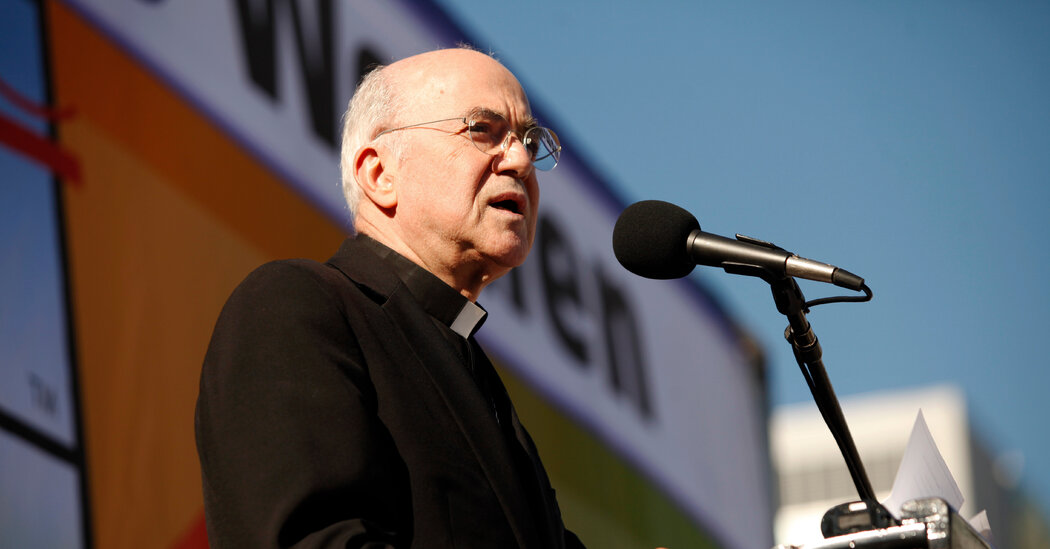The Vatican recently made headlines when it announced that it had excommunicated its former ambassador to the United States, Archbishop Carlo Maria Viganò. This unprecedented move by the Catholic Church has sent shockwaves throughout the religious community and has raised questions about the reasons behind Viganò’s excommunication.
Viganò, who served as the Vatican’s ambassador to the U.S. from 2011 to 2016, has been a controversial figure within the Catholic Church. In 2018, he released a bombshell letter accusing Pope Francis of covering up allegations of sexual abuse within the Church. The letter, which was widely circulated in the media, sparked a major scandal and led to calls for the Pope’s resignation.
The Vatican’s decision to excommunicate Viganò comes after a lengthy investigation into his conduct during his time as ambassador. The Church has accused Viganò of spreading false information and damaging the reputation of the Pope and the Church as a whole. In a statement, the Vatican said that Viganò’s actions were “motivated by personal vendettas” and were “gravely detrimental to the Church.”
The excommunication of Viganò is a rare and drastic measure by the Vatican, which typically reserves excommunication for those who commit serious offenses against the Church, such as heresy or schism. While Viganò has not been accused of any such offenses, the Vatican has deemed his actions to be so damaging to the Church’s reputation that excommunication was deemed necessary.
The decision to excommunicate Viganò has been met with mixed reactions within the Catholic community. Some have praised the Vatican for taking a strong stand against those who seek to undermine the Church, while others have criticized the Church for punishing Viganò rather than addressing the issues he raised in his letter.
Regardless of one’s opinion on the matter, it is clear that the excommunication of Archbishop Carlo Maria Viganò is a significant moment in the history of the Catholic Church. It serves as a reminder that even those in positions of power within the Church are not above the laws and teachings of the Church, and that actions have consequences. Only time will tell what impact this decision will have on the Church and its followers.


